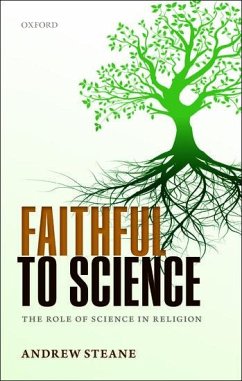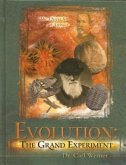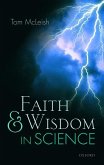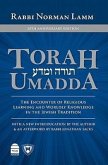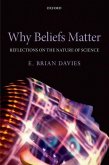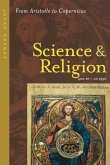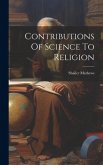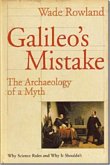Science and religious faith are two of the most important and influential forces in human life, yet there is widespread confusion about how, or indeed whether, they link together. This book describes this combination from the perspective of one who finds that they link together productively and creatively. The situation is not one of conflict or uneasy tension, or even a respectful dialogue. Rather, a lively and well-founded faith in God embraces and includes
science, and scientific ways of thinking, in their proper role. Science is an activity right in the bloodstream of a reasonable faith.
The book interprets theism broadly, and engages carefully with atheism, while coming from a Christian perspective. The aim is to show what science is, and what it is not, and at the same time give some pointers to what theism is or can be. Philosophy, evolution and the nature of science and human life are discussed in the first part of the book, questions of origins in the second.
It is the very mind-set of scientific thinking that is widely supposed to be antagonistic to religious faith. But such suspicions are too sweeping. They misunderstand both faith and science. Faith can be creative and intellectually courageous; science is not the all-embracing story that it is sometimes made out to be. It is not that science fails to explain some things, but rather, it does not explain anything at all, on its own. It is part of a larger explanation. And even explanation has to
take a humble place; it is not the purpose of life.
Hinweis: Dieser Artikel kann nur an eine deutsche Lieferadresse ausgeliefert werden.
science, and scientific ways of thinking, in their proper role. Science is an activity right in the bloodstream of a reasonable faith.
The book interprets theism broadly, and engages carefully with atheism, while coming from a Christian perspective. The aim is to show what science is, and what it is not, and at the same time give some pointers to what theism is or can be. Philosophy, evolution and the nature of science and human life are discussed in the first part of the book, questions of origins in the second.
It is the very mind-set of scientific thinking that is widely supposed to be antagonistic to religious faith. But such suspicions are too sweeping. They misunderstand both faith and science. Faith can be creative and intellectually courageous; science is not the all-embracing story that it is sometimes made out to be. It is not that science fails to explain some things, but rather, it does not explain anything at all, on its own. It is part of a larger explanation. And even explanation has to
take a humble place; it is not the purpose of life.
Hinweis: Dieser Artikel kann nur an eine deutsche Lieferadresse ausgeliefert werden.

